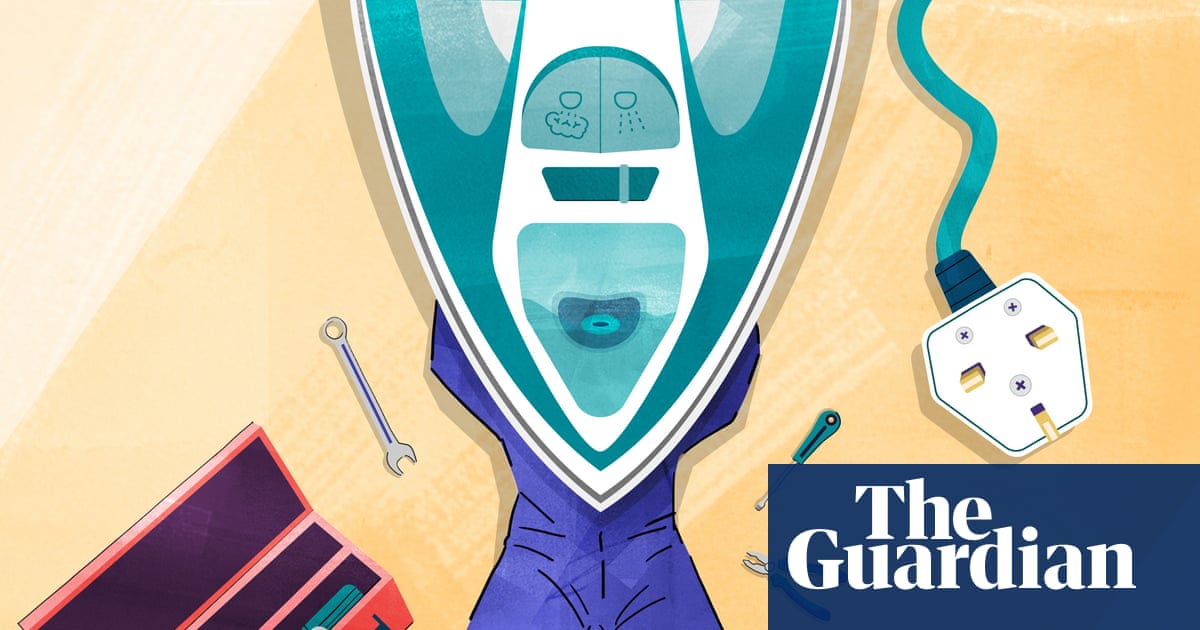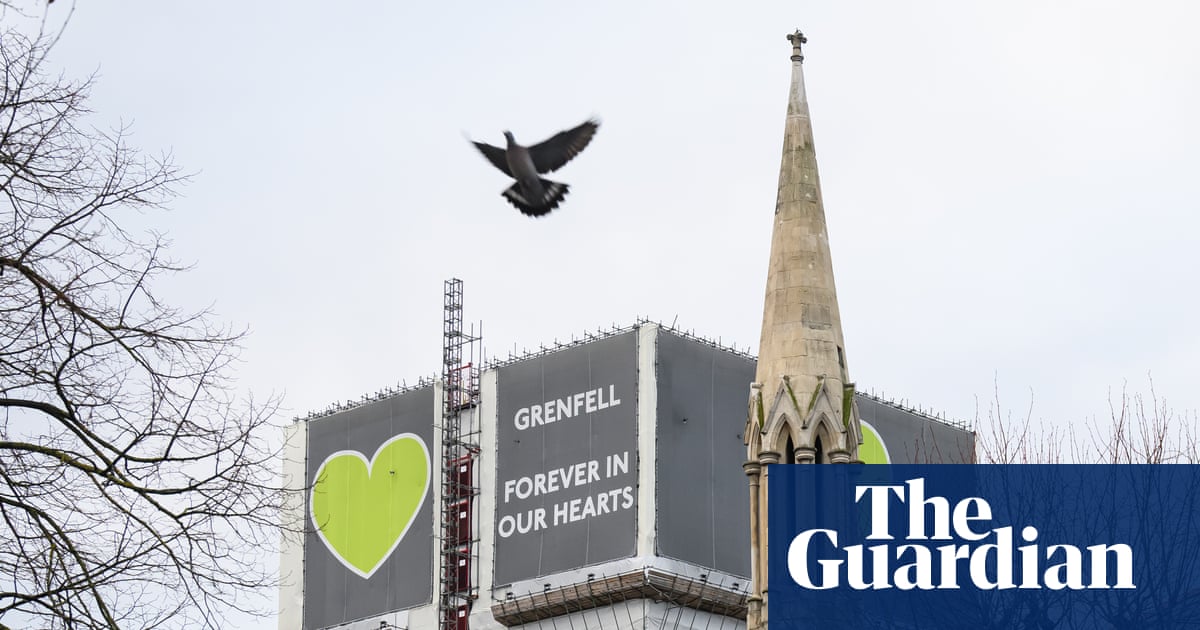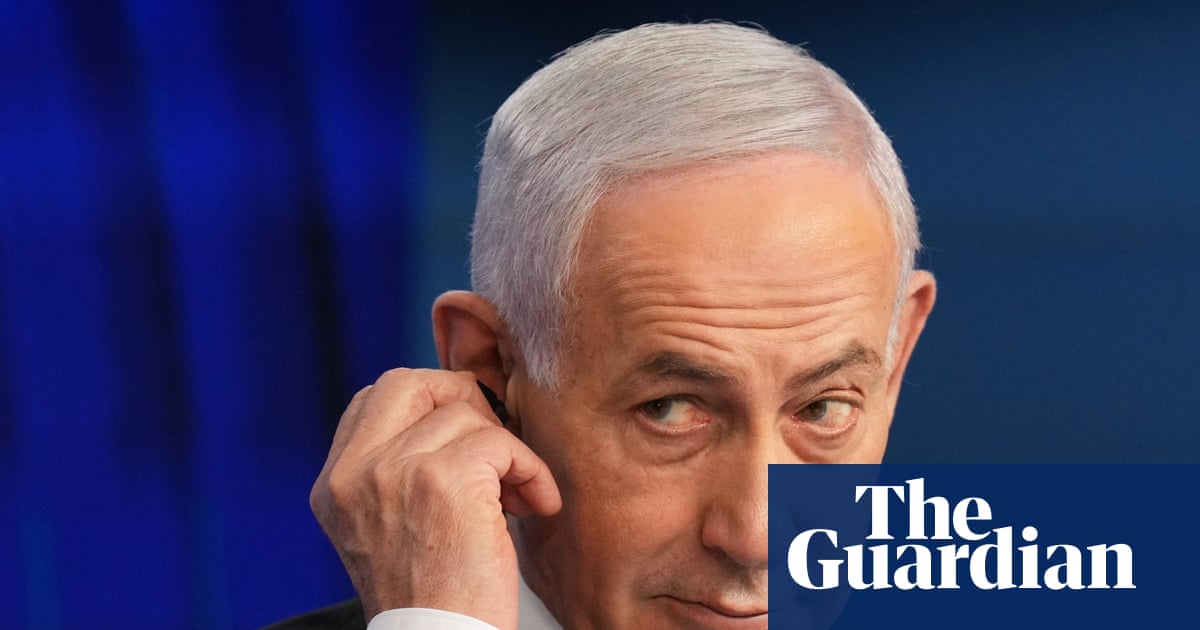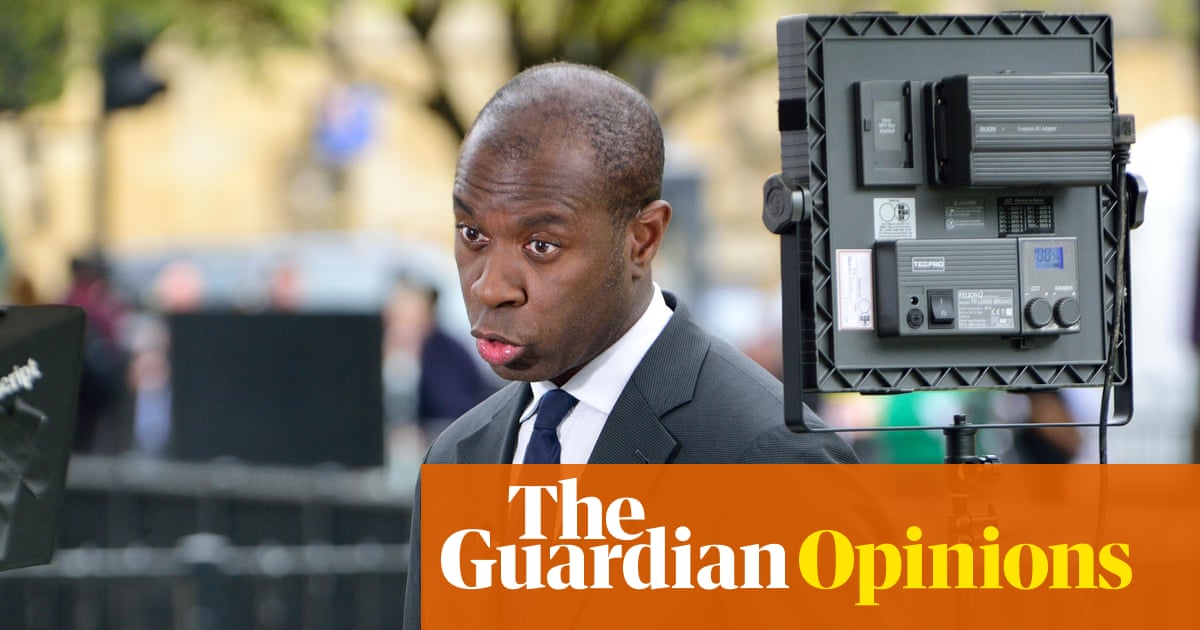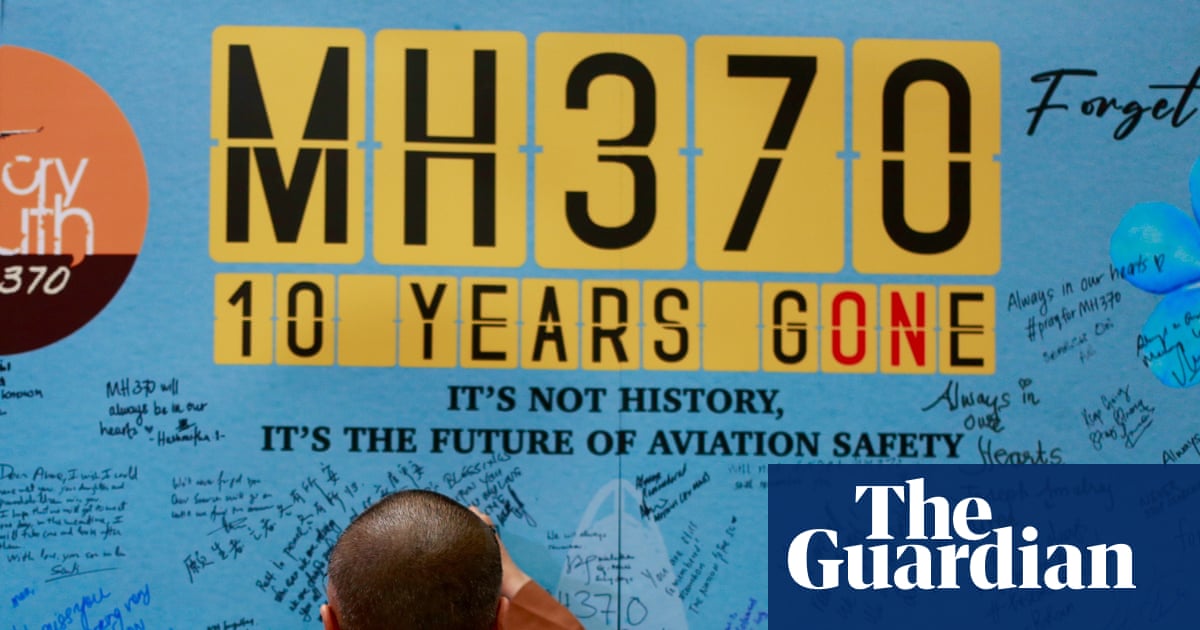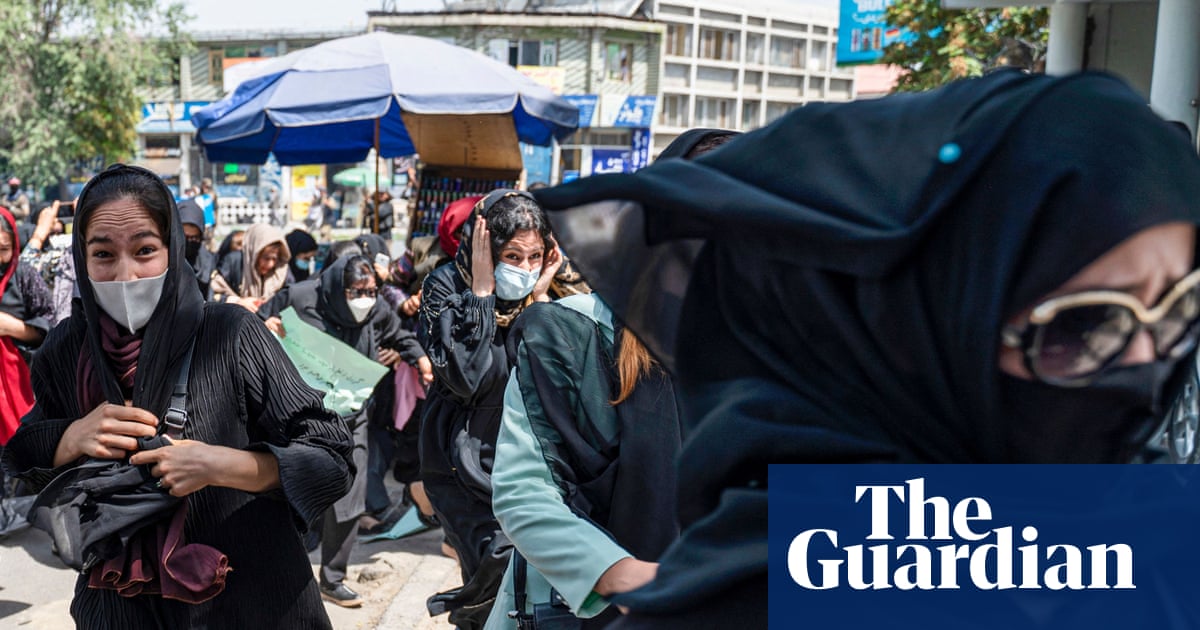Keir Starmer has been warned by senior Labour figures to stop making mistakes, before a battle over the party’s deputy leadership and amid fears the government could row back on workers’ rights.
As candidates began to jostle to replace Angela Rayner, the prime minister faced public criticism from Emily Thornberry, a potential contender, who said further mistakes from Starmer could lead to having to “hand our country to [Nigel] Farage”.
Andy Burnham also called for a “reset” and more pluralistic style, telling the Guardian that the government needed to be “listening to the heartbeat of the party”.
The Greater Manchester mayor, considered a future candidate to succeed Starmer, cannot run for the deputy leadership but he endorsed either Louise Haigh or Lucy Powell – two former cabinet ministers sacked by the prime minister.
At the same time, union leaders advised Starmer on Sunday against any attempt to water down Angela Rayner’s employment rights bill, which is still making its way through parliament.
Rayner’s employment minister, Justin Madders, was also removed from his job in the reshuffle. He said on Sunday it “would be really, really foolish for the government to row back on key manifesto commitments that are popular with the public and will show what a positive difference a Labour government can make”.
Downing Street and Labour sources insisted the legislation would proceed despite pressure from businesses to water down some of the protections against unfair dismissal. One senior government source said: “This reshuffle is about boosting growth, productivity and making people better off. Higher pay and stronger rights for working people is a key part of the government’s programme.”
Nevertheless, there was still a high degree of nervousness among unions, with Peter Kyle, the new business secretary, phoning general secretaries this weekend to reassure them that the bill would go ahead.
Paul Nowak, the TUC general secretary, urged the prime minister to commit to implementing the legislation “in full”; while the Unite general secretary, Sharon Graham, said: “If they don’t become a workers’ government, the workers will seek other answers. The stark warnings are already there.”
It is understood Starmer’s first meeting of his reshuffled cabinet on Tuesday will focus solely on growing the economy.
No 10 is braced for a deputy leadership contest in which candidates publicly criticise Starmer’s first year in government, and during which Nigel Farage’s Reform party has risen in the polls.
They have attempted to head off the criticism with a decisive reshuffle of ministers and change of senior aides in No 10, acknowledging that they want to speed up the pace of policies.
However, there is already deep anxiety among Labour MPs about the direction of the reshuffle, which promoted a number of ministers seen as being favoured by the right of the party, including Shabana Mahmood, Pat McFadden, and Peter Kyle.
One senior Labour source said the reshuffle was an example of “groupthink”, adding that whether “they win or lose in May, it’s all on them as there’s no one now who isn’t signed up to this way of working. It’s clear from this reshuffle they aren’t interested in listening.
“This is going to reinforce rather than solve their problems - the deputy contest then takes on the form of an intervention and not just filling a vacancy.”
Thornberry told the BBC’s Laura Kuenssberg: “Domestically, things just don’t seem to be working … People hear about the mistakes. And the question is, why are we making these mistakes?
after newsletter promotion
“We can’t afford to keep doing this, because we’ve gone from having the fantastic gift from the British public of a huge majority to now being at 20% in the polls, and we will have in the next election the biggest fight of our lives coming against Farage. And the last thing we want is to go from a position where it was thought we would be in for two terms, to hand our country over to Farage.”
Speaking to the Guardian, Burnham issued a similar message on the need for greater listening across the party. “Labour’s got to be less factional and more inclusive, more pluralistic. If he’s going to rise to the challenge ahead of us, all parts of the Labour family need to be involved and engaged in adding what they can. And certainly the Labour governments I was in worked more like that.”
The Guardian can also reveal that Burnham is backing a new political network on called Mainstream, which is drawn largely from the soft left and aims to influence the direction of the party.
Steered by the thinktank Compass, it is planning to mobilise a grassroots motion at party conference demanding the abolition of the two-child benefit cap, as well as aiming to campaign in constituency Labour parties and across the country for what they describe as bold but practical reforms.
Burnham said he was concerned about the balance of the cabinet after the reshuffle and the deputy leadership contest was a moment to try to shift the party away from being London-centric. One of his preferred candidates, Haigh, who resigned last year over a scandal about a conviction for fraud over a missing mobile phone, is understood not to have made up her mind whether to run.
However, there is likely to be a huge array of candidates battling for nominations as soon as the terms of the contest are decided by the national executive committee on Monday.
These could include David Lammy, Lisa Nandy and Shabana Mahmood in the cabinet; Haigh, Powell, Jess Phillips, Stella Creasy, Thornberry, Sarah Owen, Anneliese Dodds, Dawn Butler and Meg Hillier on the backbenches; plus Richard Burgon, Nadia Whittome and others more on the left of the party.
MPs and their supporters are already frantically sounding out colleagues to see if their bids are viable. One MP tipped Phillips as gaining support, saying she was “an ideal successor to Angela [Rayner]. Brave, strong, principled, clear values, great communicator, sounds like a normal person.”
The party’s ruling national executive committee is scheduled to meet on Monday to outline a timetable for the deputy leadership election. Burgon, a former shadow cabinet minister under Jeremy Corbyn, called on the committee “not to skew the process to deliver the outcome the current leadership wants but ensure this is a fully democratic process”. Butler also urged the party not to “shy away from a fair process when selecting our next deputy leader”.

 3 months ago
61
3 months ago
61



